'When I’m batting or keeping wicket, those small muscles you don’t always think about are working.' - Jos Buttler
Stretching isn’t just about flexibility - it’s about timing. What you do in the morning compared to the evening makes a huge difference to how you feel, perform, and recover.
For Jos Buttler, Pilates is his go-to when it comes to supporting his movement and overall condition.
"Pilates has been brilliant for me," he said.
"It keeps me mobile, keeps me strong, and it really helps with injury prevention and recovery.
"I’ve found that it’s not just about flexibility, it’s about control and stability. When I’m batting or keeping wicket, those small muscles you don’t always think about are working, and Pilates has made a big difference in keeping me balanced and reducing the strain.
"It’s become part of my weekly routine, and I feel the benefits both in training and in matches."
Yoga teacher Nisha Patel and physiotherapist Mark Glover are both advocates of mixing up your movement depending on the time of day.
"Morning movement should be light and dynamic—think opening," said Patel.
"Evening movement should be slow and static—think closing."
As Glover puts it: "Timing matters. Stretch to prime the system in the morning, and to restore tissues at night.
"Athletes who separate energising work from restorative work avoid fatigue and get better recovery."
Want to follow their advice and get the right balance in your own stretching routine? Here's some guidance for morning and evening mobility:
MORNING ROUTINE: ENERGISE
1. Dynamic stretches (arm circles, leg swings, torso twists)
2. Hip openers and shoulder rolls
3. Breathing drills to wake up the body
Your goal: boost circulation, prepare muscles, and set posture for the day
EVENING ROUTINE: RESTORE
1. Cat‑cow flow for the spine
2. Forward folds and hamstring stretches
3. Gentle twists for your lower back
4. Deep breathing and long holds






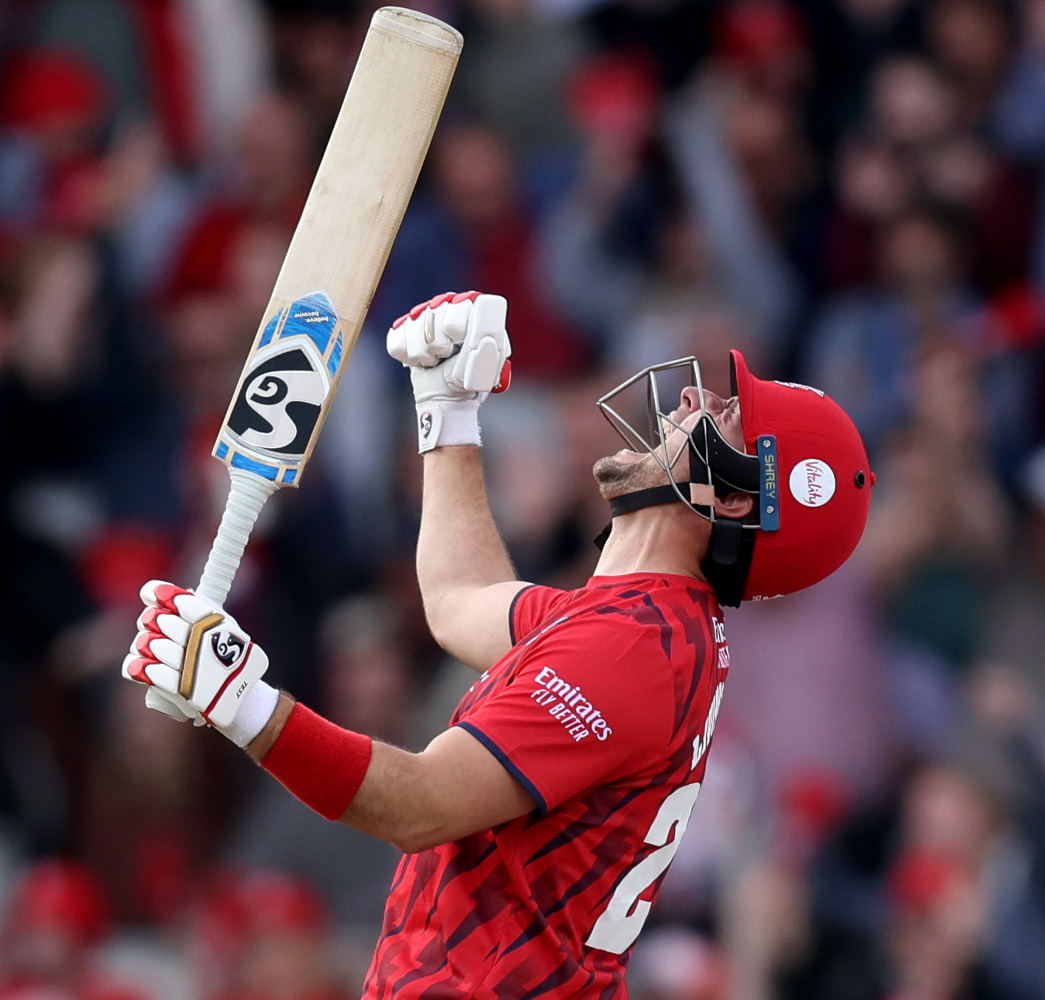
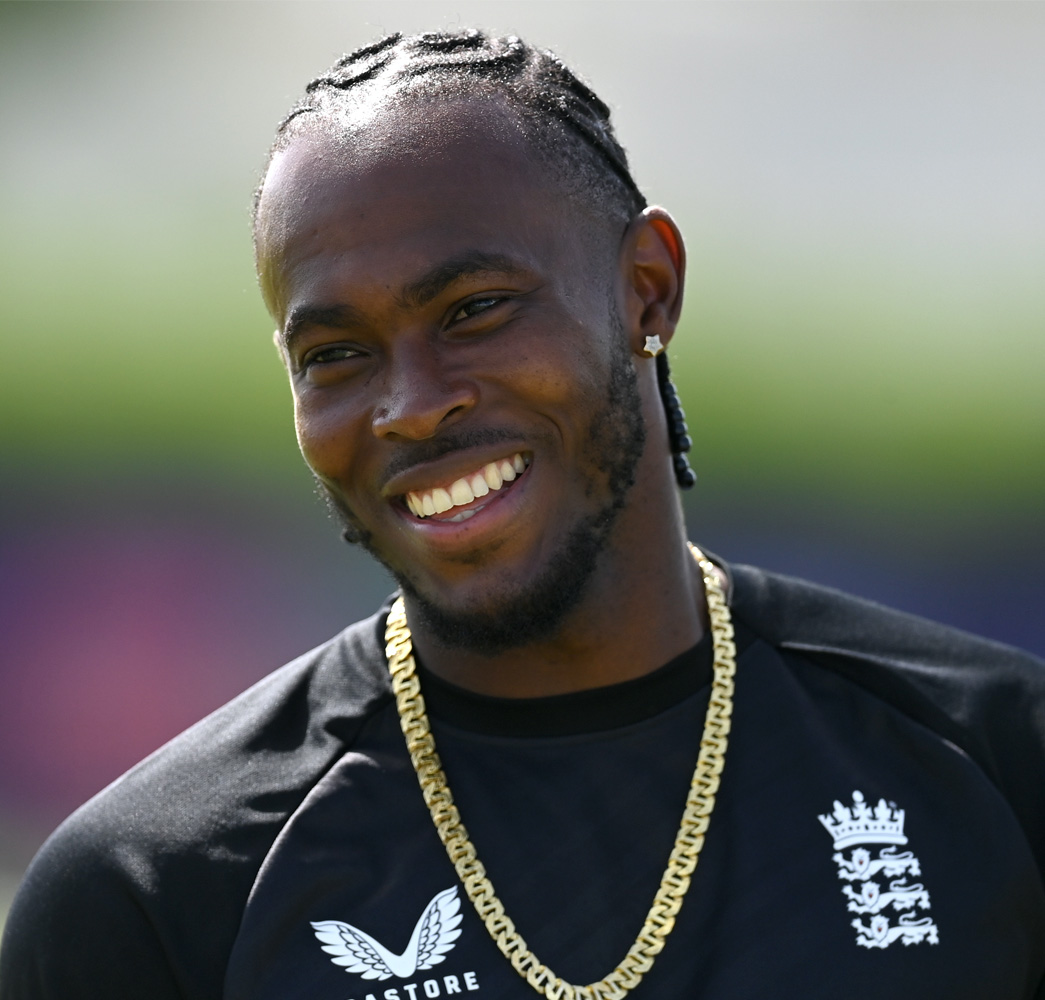
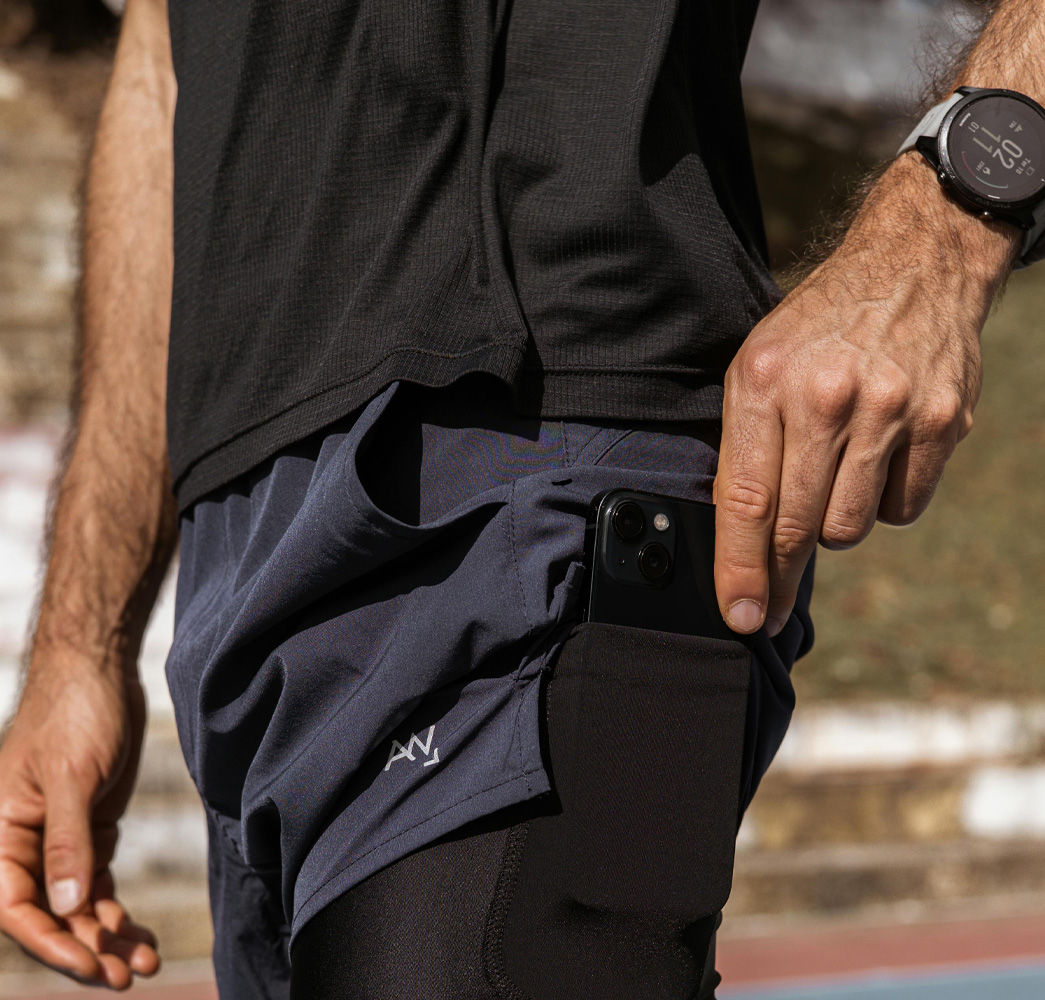
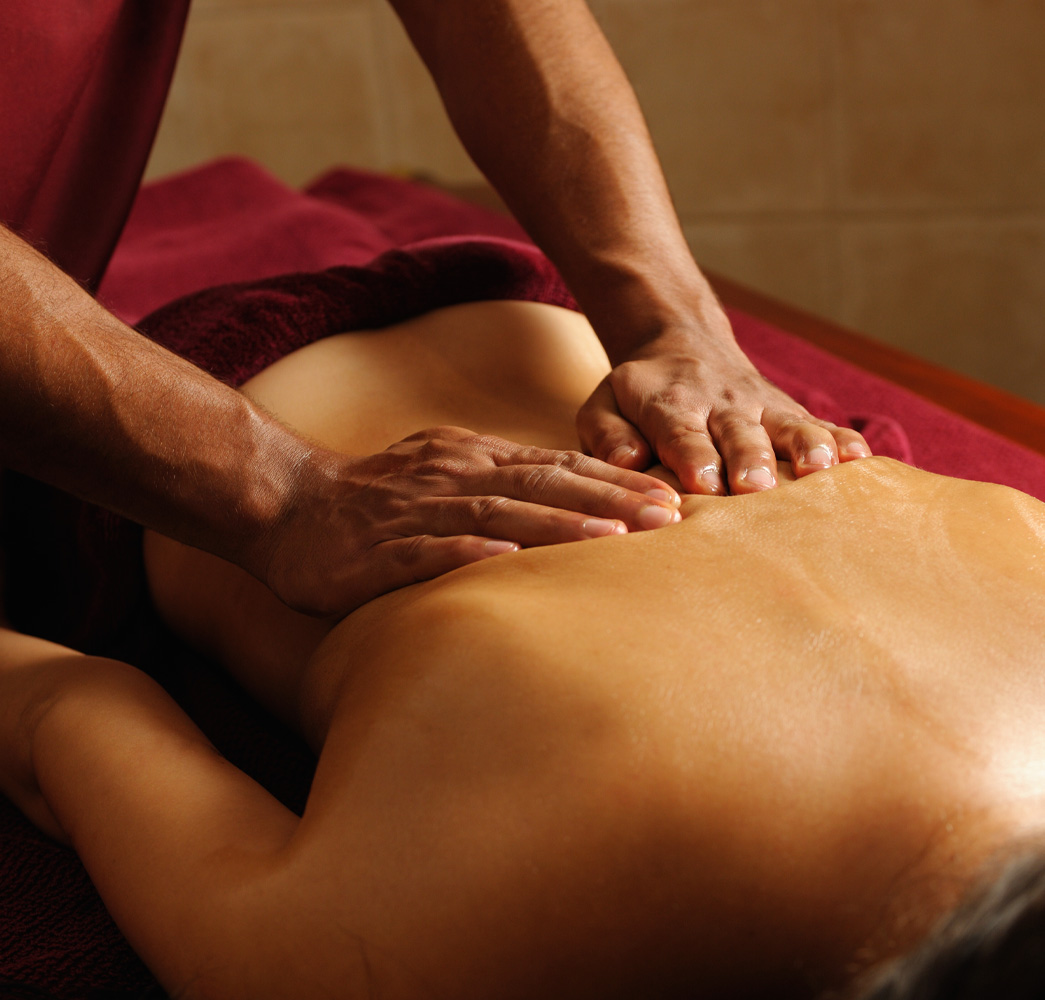
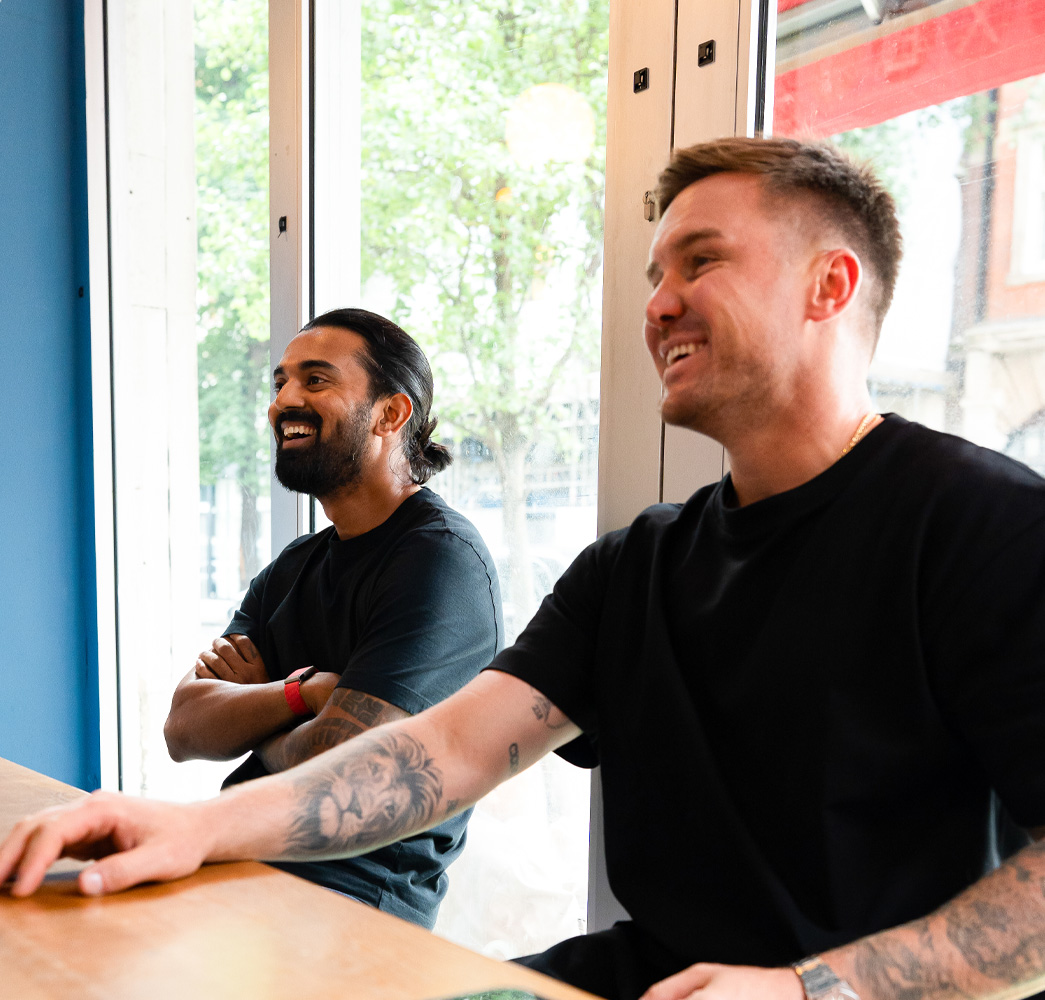

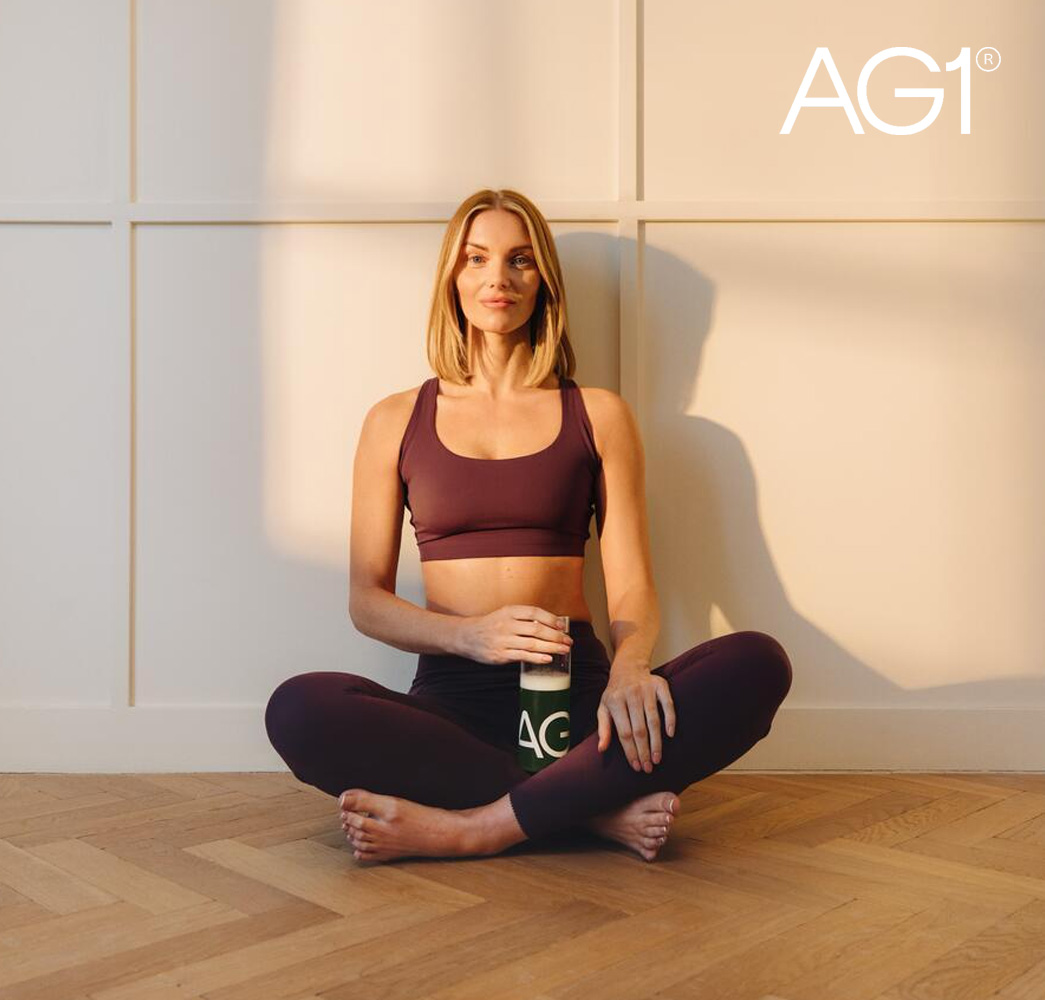
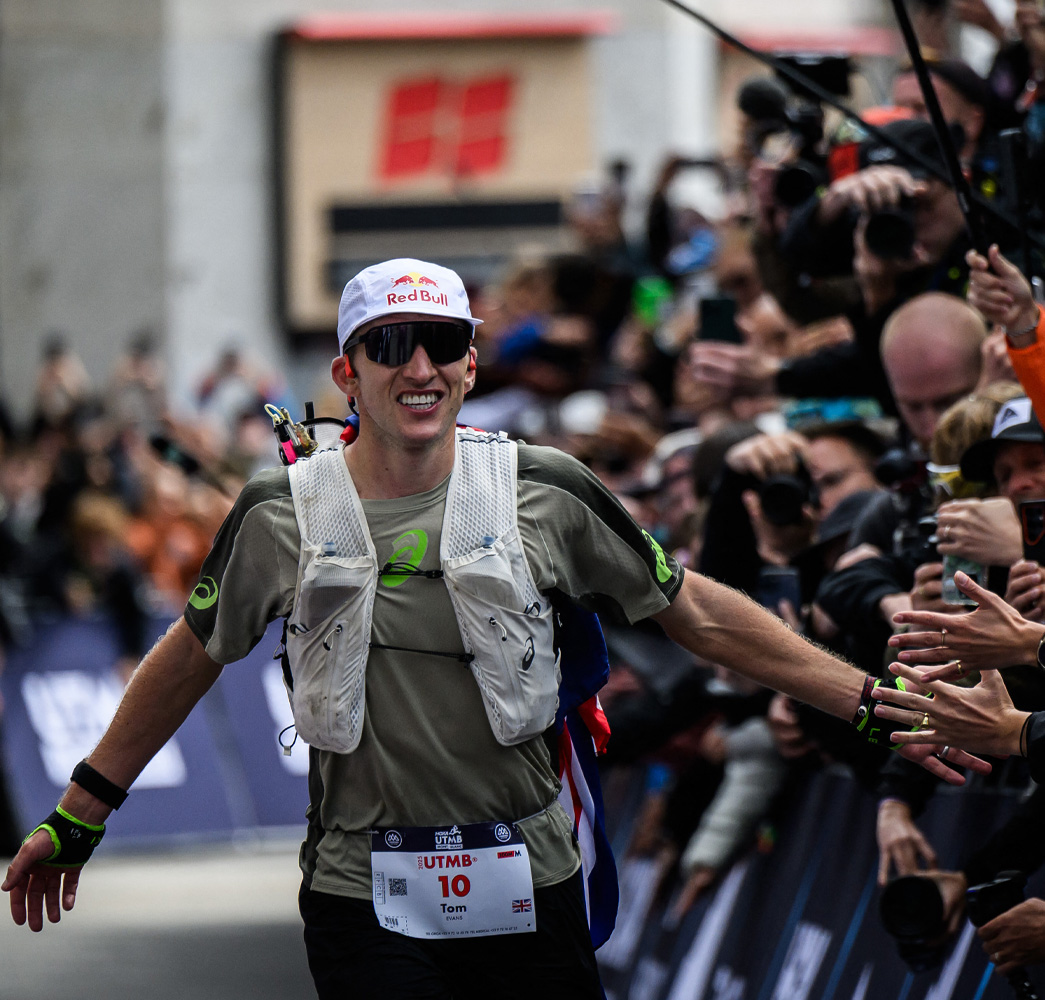
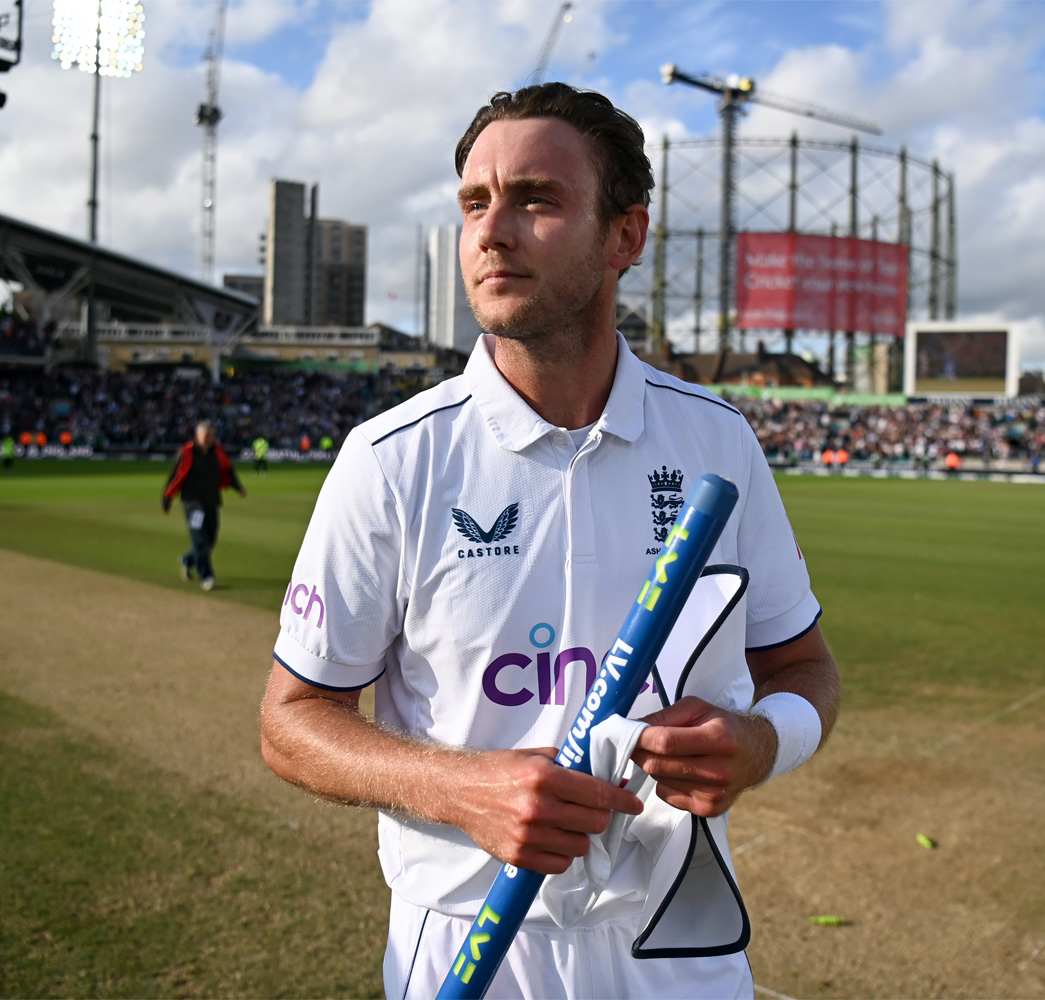
.png)







